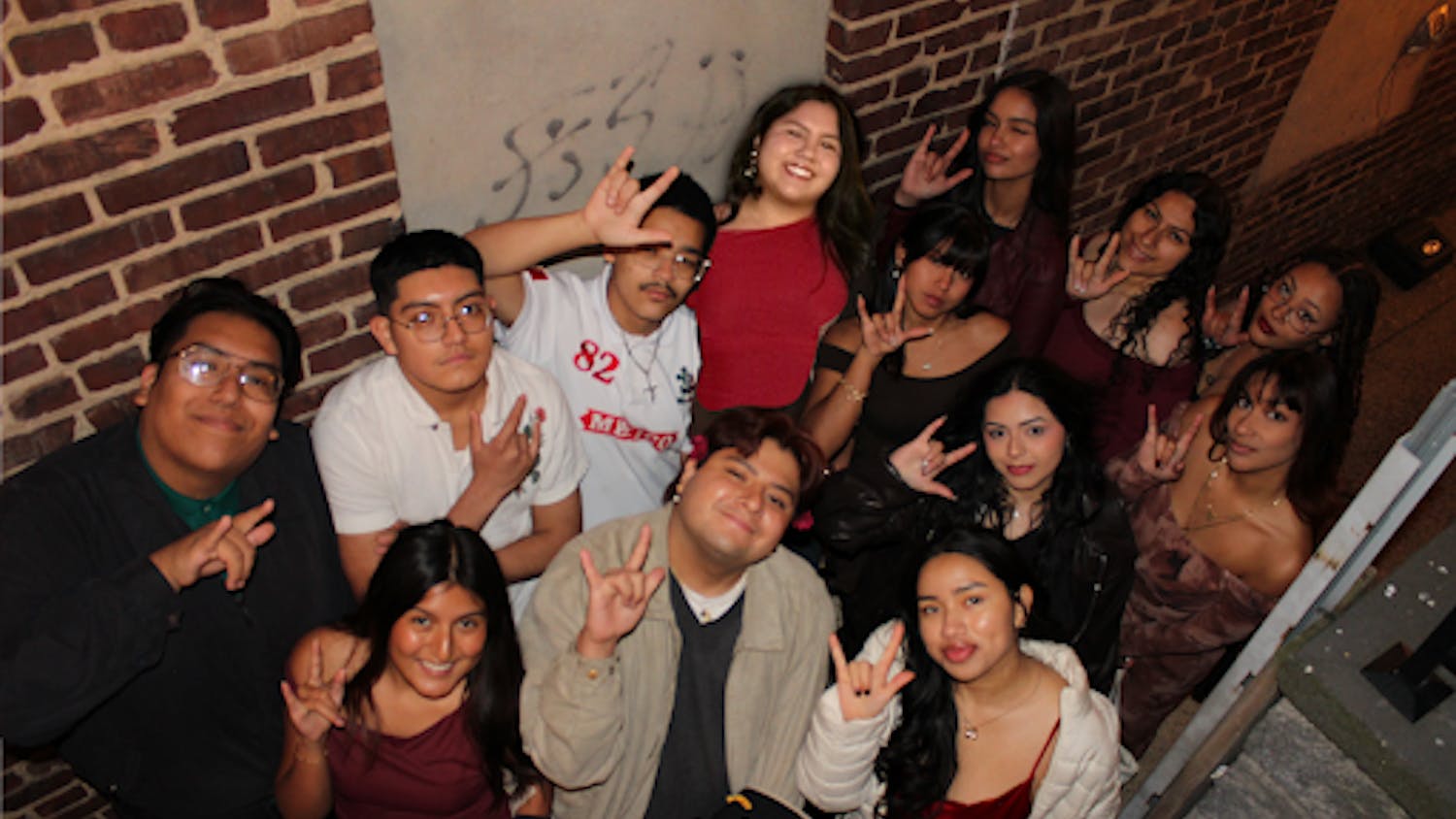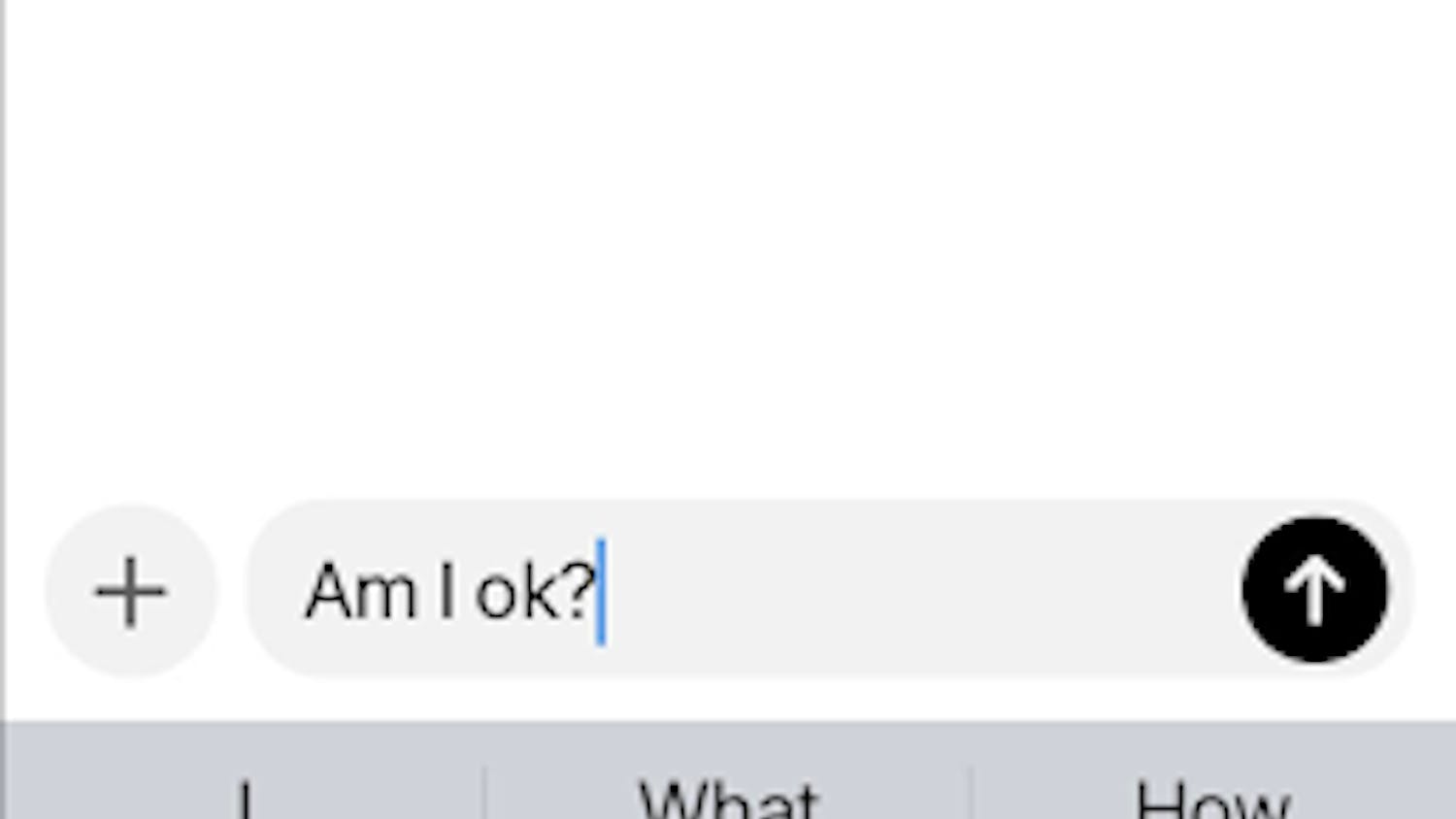All Brody Ruckus wanted was a threesome. Now, while some men might try convincing their girlfriends with flowers, dinner or a plastic jug of vodka, Ruckus did the next best thing - he started a facebook.com group.
Thus, "If this group reaches 100,000 members, my girlfriend will have a threesome" was born. Almost instantly controversy abounded, with students both praising Ruckus for his unapologetic audacity and condemning him for the group's misogynistic undertones. Regardless, by Sept. 13, his group had over 300,000 members.
However, all discussions became moot when it was discovered that Ruckus was a fake. The purported student's profile was actually a front for an advertising gimmick perpetrated by Ruckus Networks, a movie and music downloading service that targets college students, and was subsequently removed from Facebook for breaching terms of service.
While the downloading service did indeed create a splash in the Facebook-centric world of college students, many were upset at this devious marketing ploy, part of an on-going trend of "extreme" marketing directed toward young consumers.
"Creating a cool image is very elusive and ever-changing, thus making it very difficult and expensive," Karen Becker-Olsen, professor of marketing, said. "Traditional advertising is less and less effective with certain target groups and this may be one."
Ruckus Networks is not the only company using extreme methods to attract, and in some cases, deceive, potential customers. Redux Beverages, a company based in Las Vegas, has recently come under fire for the aggressive advertising of their energy drink "Cocaine."
Promising a drug-like rush and "possible feelings of euphoria," according to the Web site drinkcocaine.com, the drink contains approximately 268 milligrams of caffeine, compared to the average 45 milligrams found in most sodas.
Aside from nutritional concerns, many are outraged that a company would glorify a dangerous and illegal street drug in order to attract young adult consumers.
"Kids get hopped up on drinks called Cocaine and Xtazy and then what happens when someone offers them a line of real cocaine or an Ecstasy pill?" Joseph A. Califano Jr., president of the National Center on Addiction and Substance Abuse, said in a Star Ledger article.
Others are less concerned, seeing such tactics as part of the trend of hyperkinetic and stealth marketing. Due to the wide array of products on the market, advertisers must accommodate with splashy graphics, catchy logos and plenty of sex to appeal to what has been labeled "Generation ADD."
"If you market sex, it will sell - especially toward college students," Matt Johnston, sophomore criminal justice major, said. "I don't believe in it but some people do."
Another recent example of unconventional advertising is the LonelyGirl15 videos on the YouTube video Web site. Viewers tuned in each week to the adolescent trials and tribulations of "Bree," a 16-year-old girl in a small town who relayed her life via a series of webcam videos.
What many disappointed viewers soon found out was that "Bree" was actually a New Zealand actress named Jessica Rose, who was hired by three California filmmakers who wrote and produced the fictional LonelyGirl15 videos for self-promotion.
Despite the apparent innovation of these campaigns, stealth marketing is nothing new. Remember a little movie back in 1999 called "The Blair Witch Project"?
Three student filmmakers, Michael Williams, Heather Donahue and Joshua Leonard, turned a $35,000 independent movie into one of the summer's biggest draws due to savvy marketing that preyed on the belief that the pseudo-documentary was, in fact, real.
Commercials, posters and even a fake show on the Sci-Fi TV channel all reinforced the notion that the legend of the Blair Witch was true and that three film students had indeed gone missing while searching for the fabled witch in the woods of Maryland.
The film studio even posted "Missing" fliers around the country with pictures of the students who had allegedly gone missing during the filming of the movie. This elaborate hoax paid off, with a worldwide box office gross of almost $250 million.
"Do customers feel cheated and are the tactics ethical?" Becker-Olsen said, concerning some companies' unusual and controversial advertising practices. "I would assure you that some customers feel tricked while others are not surprised and might even be glad for the information."






